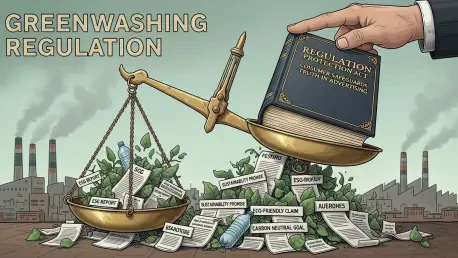
Overview of Healthcare Landscape for Older Adults In the current year, the healthcare landscape for older adults in the United States stands at a critical juncture, with over 62 million Americans aged 50 and older relying heavily on federal programs to meet their medical needs. Key systems like

Background of Industrial Pollution in Gary, Indiana Gary, Indiana, stands as a stark symbol of America’s industrial heartland, where the steel industry has long been both a lifeline and a burden for the community. Founded in 1906 as a company town for US Steel, Gary has relied heavily on the

Understanding Nigeria's Aviation Landscape Nigeria's aviation industry stands as a critical pillar of the nation's economy, facilitating the movement of millions of passengers and goods annually while connecting urban centers and remote regions alike. With major hubs in Lagos, Abuja, and Port

Setting the Stage for Change in Nigeria’s Aviation Sector Imagine boarding a flight in Lagos, only to be stranded at the airport for hours with no explanation, no assistance, and mounting frustration as the minutes tick by with no end in sight. This scenario is all too familiar for countless

In a striking move to bolster road safety across the nation, the U.S. Department of Transportation has issued a firm ultimatum to several states, highlighting a critical gap in the enforcement of safety regulations for commercial truck drivers. The focus is on English Language Proficiency (ELP)

In an era where environmental consciousness shapes consumer behavior and investor decisions, the United Kingdom has emerged as a frontline warrior against greenwashing—a deceptive tactic where companies inflate or fabricate their eco-friendly credentials to win public favor. This unethical practice